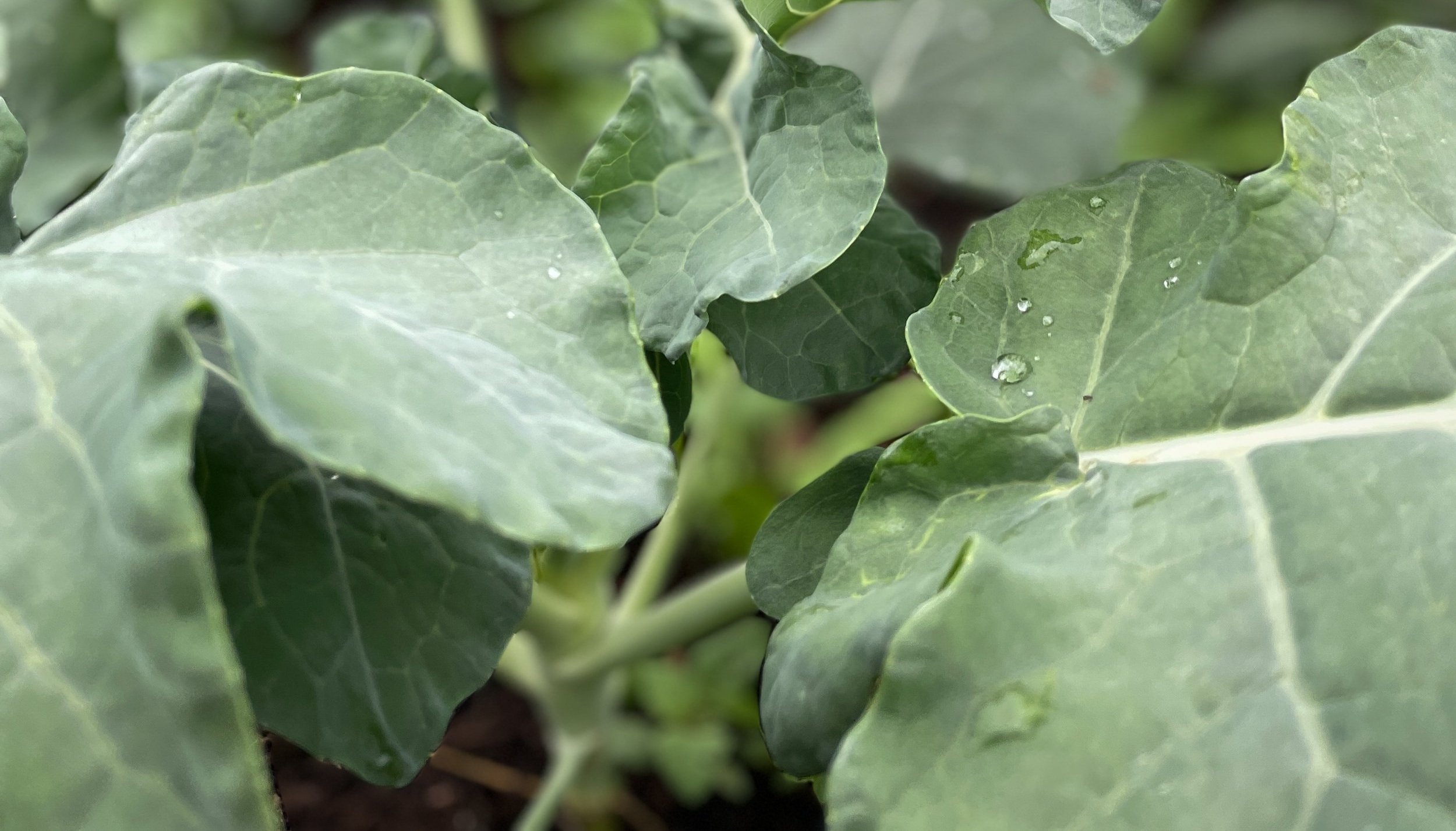
Community Gardens
Our gardens are a great way for you to take part in meaningful food action while having fun, being active, and reducing your environmental footprint too
Plots are available for rent to any individual, family, group, organization or anyone else interested. Only one plot per individual/family/group is permitted.
One plot per garden is donated each year to a community group. Please email info@wecnl.ca for more info on donated plots and rentals.
How much does it cost to rent a plot?
Each plot costs $40 in total to rent for one year, which includes the WEC member fee ($20) and garden rental fee ($20).
Find out more about our gardens by reading our Frequently Asked Questions
How can I rent a garden plot?
Western Environment Centre runs five community gardens in Corner Brook:
Blow Me Down Garden
Humber Heights Garden
Reid Street Garden
Caribou Road Garden
Barry Place Garden
Links to individual garden pages can be found below.
What is provided with a plot rental?
Each rental entitles the gardener to use one plot, as well as all communal tools which are kept in the garden shed. If there is funding available, then seeds and fertilizers are also made available to gardeners.
Find out more about our gardens by reading our Frequently Asked Questions
Where are our gardens located?

The Community Gardens
Community gardens are shared spaces that are excellent for community engagement. Each garden has multiple plots which can be rented to anyone interested in growing their own food, whether you’re a beginner or seasoned gardener.
All gardeners maintain their own plot, and also contribute to the maintenance of the garden as a whole. Tending to a plot is a great opportunity to add physical activity to your day, and can also positively impact your mental health.
Our gardens (and gardeners!) also play a huge part in increasing food security in our region in tangible ways, while adding to the ongoing, ever-important conversation around healthy, organic food accessibility in the province.
Why we love our gardens, and you will, too.
Community gardens have social and environmental impact.
Newfoundland and Labrador imports the majority of its fresh food for most of the year. Over just a few generations we have lost many food skills as well as many gardens and farms which were once plentiful.
Our reliance on imported convenience foods have environmental costs through long-distance transportation and harmful industrial agricultural practices.
Our population’s health is also impacted as ultra-processed foods become cheaper while fresh, justly produced foods are less accessible.
Our community gardens are spaces inspiring community interaction, while creating sources of local food production and consumption. They also help to revive important skills like composting and using regional materials, which help reduce our impact on the environment.



